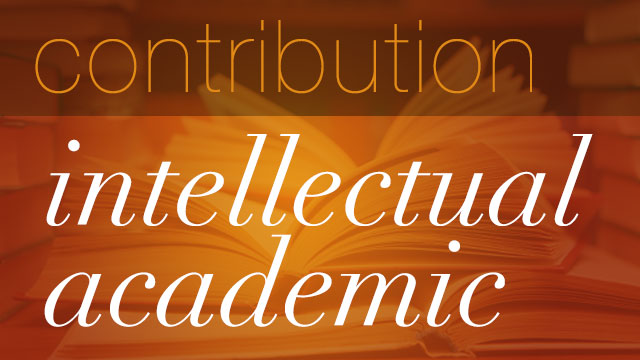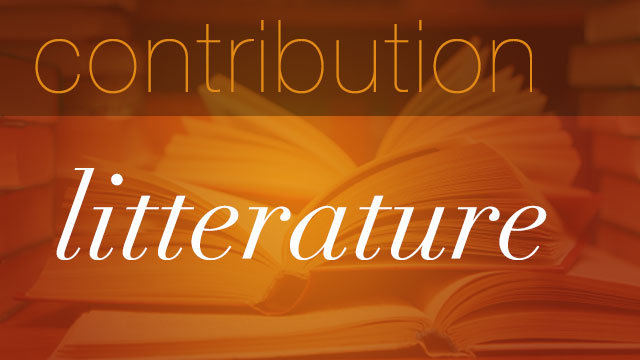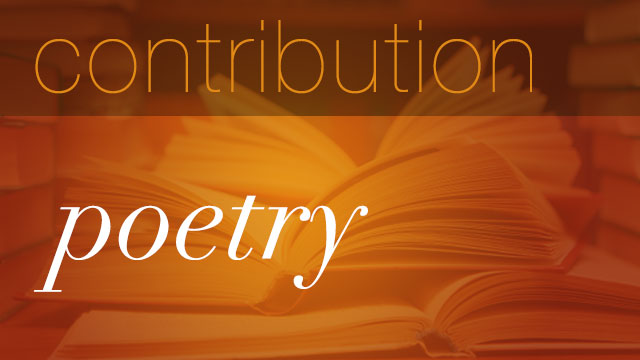“All opinions are that of the author and not necessarily those of the website that it is published under.”
Ulla R Khpal
Afghanistan: Land of poetry
Introduction
In this terse piece, I endeavour to uncover the effects of the so called ‘war on terror’ (2001-present) on the poetic and literary traditions in Afghanistan. The lack of understanding, empathy, and censorship in western news and media veils the lives of the Afghan people from western audiences and humanitarian workers, perpetuating problems in Afghanistan. In fact, the major, if not the only, factor of Afghanistan’s tragedy is, the unjust and unjustified proxy wars waged its people, which has deeply reflected in its literature.
Apathy and hopelessness in the face of Afghan suffering
A cursory glance at the news & media sources, especially American and British outlets, clearly highlights the prospective of a dangerous political environment in Afghanistan and the wider geo-political region. This also highlights that Afghanistan will continue to have a place of interest in the western collective imagination. While other international news reporters such as RT, have long been reporting that the US and UK are in a losing battle with Afghanistan (RT News, 2013). Over 12 years of war in Afghanistan marks the longest period and most expensive war of all time for the US and the UK (RT News, 2013, Fergusson, 2013, Hakim, 2013). Countless other articles claim that the war has been an astounding waste of time and resources, for the US and the UK alike. Another news agency, the ‘Journalist Resource’ attempts to measure the exact monetary value of their loss, it reports (Wihbey, 2013):
the ‘Costs of War’ project, based at Brown University, estimates that the total monetary cost–including long-term veterans care–of the conflicts in Afghanistan, Iraq and Pakistan may eventually total as much as $4trillion
The political bias in the news & media is in such a proportion that we, the common people of the world, are prevented from acknowledging, let alone understanding, the plight of the Afghan people. As nobody can see the suffering and sorrow of Afghan women, children and men caught-up in this neo-imperial war dubbed as the ‘war on terror’. This seems to be part of a wider symptom attributable to modernity; denial about the real causes of suffering in Afghanistan, and the supposed difficulties in alleviating it—a kind of socio-political illness that we are currently suffering from. This illness has exacerbated our collective neurosis and amnesia, which is preventing a significant numbers of us, from truly empathising with our fellow men, women and children in Afghanistan. Even the western backed president of Afghanistan, Mr Karzai, has said in an interview with the BBC (Hakim, 2013):
On the security front the entire Nato exercise was one that caused Afghanistan a lot of suffering, a lot of loss of life, and no gains because the country is not secure [.]
Besides the obsessive tendency of the news & media to focus on the Taliban and Afghan politics in general, the near-obsession is about the Afghan women, who are supposedly oppressed, poor and uneducated because of the way they are dressed. How on earth could these reasons be used and justified to wage a war against an impoverished and war-ravaged country, as supported and championed by some western politicians? There is no doubt that today Afghanistan has inherited a lot of problems, but NATO and ISAF’s drone strikes of civilians targets, Taliban’s suicide bombings, lack of security and the widespread corruption are on top of the list. All these important problems of Afghan society have their roots in the current war of foreign troops. They need to stop! Mr Karzai has said in his interview with the BBC (Hakim, 2013):
[…] the big corruption, the hundreds of millions of dollars of corruption, it was not Afghan. Now everybody knows that. It was foreign.
The contracts, the subcontracts, the blind contracts given to people, money thrown around to buy loyalties, money thrown around to buy submissiveness of Afghan government officials, to policies and designs that the Afghans would not agree to. That was the major part of corruption [.]
The foundations of prosperity and equality in this war-ravaged country must be build on the bed rocks of peace and stability. Foreign intervention, if any, should only be in the form of improving health care, education, and infrastructure building. This means, Afghanistan’s future must be left in the hands of the Afghan people; they must decide their destiny for themselves. Peace keepers should lend their support in the re-building efforts, rather than bringing their geo-political games, prejudices, misconceptions etc to the table. These noble goals are surely all achievable with the help and co-operation of the international community based on the principles of international law. Having empathy and the desire to help the Afghan people does not hurt! Help stop the war in Afghanistan! The poetry and war in Afghanistan As has already been noted, Afghanistan is a constant focus of western news and media outlets; and in the wake of the dreadful war conditions imposed upon the Afghan people by neo-imperialists, the effects are deeply reflected in the literature and other cultural activities of the war-stricken Afghans. Poetry and literature offer a respite from the troubles for women, men and children. As a matter of fact poetry and literature are passions and cultural traditions of nearly every Afghan. The history of poetry in Afghanistan dates centuries back. Afghanistan’s political figures such as Amir Kror, Shah Hussain Hotak, Ahmad Shah Abdaali were also well known poets during different period of time.
However, it is the Taliban who gain unprecedented, albeit negative, attention in the collective news and media. Not out of a concern for the literally content or features of their works in Pashto or Farsi, neither out of concern for women’s rights, nor even out of concern for the deplorable living standards in the war-torn country – but out of an ideological defence of the war and the sheer brutality unleashed against Afghanistan. These reasons are then unjustly held against the Afghans in the western collective imagination, rather than being used to understand issues of poverty and war facing Afghan people. Poverty alleviation ought to be at the ‘heart’ of any ‘current’ discussion about the war in Afghanistan. The country requires an end to foreign led wars and intervention.
Poetry written by the Taliban, just like the poetry written by other men, the women and the children are used to reflect upon and mitigate the socio-political circumstances and important everyday life events: foreign led wars and other types of intervention are an unwanted feature of life in Afghanistan. The presence of a particular group, the Taliban, cannot be used as an excuse to target Pashtuns in the news and media and families on ground level in Afghanistan, by the American, British, and NATO forces in this unjust and unjustifiable war. The right to defend territorial integrity, national sovereignty and political independence of Afghanistan is of paramount importance to every member of Afghan society, including Taliban and other resisting forces. Hence, the poetic and literary material produced by the Afghan people presents a form resistance against the brutality and injustices of the war, the so called ‘war on terror’. The resistance is the expression of the suffering and pain caused by war, and the cry for help and support in bringing it all to a peaceful end. The following poem by a member of the Taliban, name Turabi, is tantamount to this, it reads:
Oh my sweet country, I shall definitely build you, I shall fulfil this promise to you,
Dear, I shall convert your dry lands to flowers, I shall fulfil this promise to you,
Dear, there will no more war, dispute, disunity and difference
The poet describes an imaginary Afghanistan that is peaceful and unified. There are numerous genres and forms that the Pashto poetry can take: ghazals, odes, elegies, epics, panegyrics, pastoral, satire, and functional pieces and many more. Dubaiti or bi-couplet in Farsi, badala or ballad and landai in Pashto are also commonly used in Afghan popular poetry and culture to represent the atrocities of war and all socio-political dimensions of the lives of Afghan people. However, Mr Semple (2011) mislabels the ballads—throughout his paper—and attributes crude and politicised notions to all Pashtuns to justify therefore his unclear spite and grudge against the Taliban. In one instance, Semple writes (2011) ‘We should consider the tarana poetry [by the Taliban] not just propaganda, but as part of contemporary culture in the Pashto language […]’ Tarana is neither a contemporary form of Pashto poetry, as it has deep roots in both Pashto and Persian poetry, nor is just propaganda in all circumstances. In fact, each and every piece of vernacular poetry is reflecting the deep wounds and cuts of every grief-stricken Afghan on any side of the Afghan tragedy. This sort of popular poetry is the mirror of a war-torn country like Afghanistan.
Conclusion:
The same message repeatedly presents itself that ‘Over 12 years of war in Afghanistan been an astounding waste of time and resources, for the US and the UK alike.’ Afghanistan has a firm place in the western collective imagination but it must be left to its own devices! History also speaks for itself: it is not okay to continually oppress and wage war against a peace loving and independent country such as Afghanistan.
Fergusson, J. (2013) ‘The Afghan War a total waste unless…’ The Independent [online]. Available from: http://www.independent.co.uk/voices/comment/the-afghan-war–a-total-waste-unless-8640756.html [Accessed: 10 February 2014].
Hakim, Y. (2013) ‘Afghanistan’s Hamid Karzai says Nato caused ‘great suffering’ BBC World News [online]. Available from: http://www.bbc.co.uk/news/world-24433433/ [Accessed: 10 February 2014].
RT News (2013) ‘Iraq, Afghan wars ‘most expensive’ in US history, drained defense budget for decades’. RT News [online]. Available from: http://rt.com/usa/us-wars-most-expensive-109/ [Accessed: 10 February 2014].
Semple, M (2011) ‘Rhetoric of resistance in the Taliban’s rebel ballads’. Harvard University Press.
Wihbey, J. (2013) U.S. military casualties and the costs of war: Iraq, Afghanistan and post-9/11 conflicts. Journalist’s Resource. [online]. Available from: http://journalistsresource.org/studies/government/security-military/us-military-casualty-statistics-costs-war-iraq-afghanistan-post-911#sthash.M5FH7fog.dpuf
“All opinions are that of the author and not necessarily those of the website that it is published under.”





